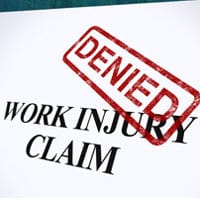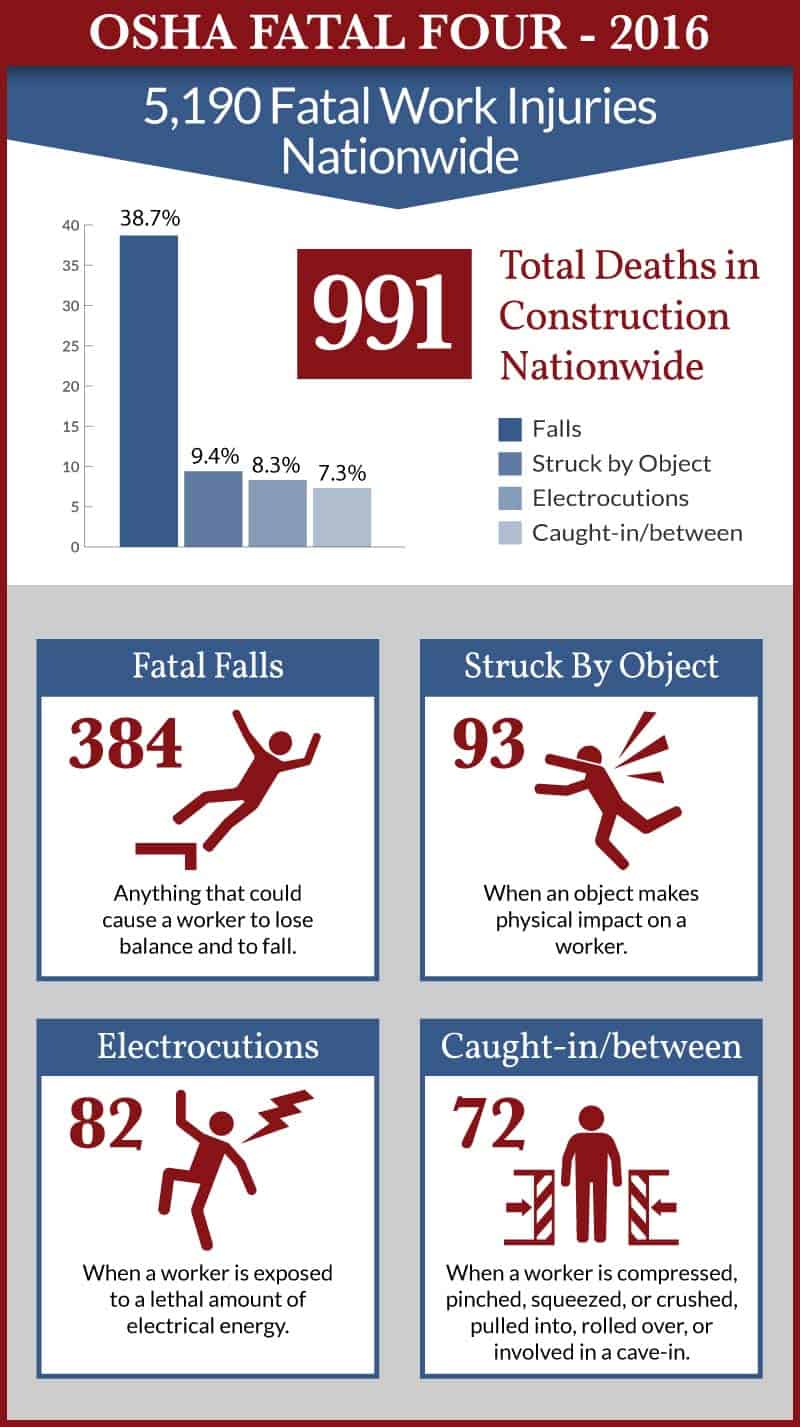Court Defines “Reasonable Medical Treatment” Concerning Forfeiture of Workers’ Compensation Benefits
 When you are hurt at work, it can have debilitating effects not only on your body and your physical capabilities, but also on your finances. That is why those who are injured on the job can file for workers’ compensation. But while workers’ compensation can assist in making your financial situation more manageable, in certain situations, your benefits may be suspended or denied.
When you are hurt at work, it can have debilitating effects not only on your body and your physical capabilities, but also on your finances. That is why those who are injured on the job can file for workers’ compensation. But while workers’ compensation can assist in making your financial situation more manageable, in certain situations, your benefits may be suspended or denied.
“Reasonable Medical Treatment”
According the decision in the case of Bereznicki v. Workers’ Compensation Appeal Board, which was recently upheld by the Commonwealth Court of Pennsylvania, workers’ compensation benefits can be suspended when an injured worker refuses reasonable medical treatment. “Reasonable medical treatment” within the context of a workers’ compensation benefits forfeiture case has been defined as that which is “highly probable to cure the health problem and enhance the injured worker’s prospects for gainful and fulfilling employment.”
Bereznicki v. Workers’ Compensation Appeal Board
In Bereznicki v. Workers’ Compensation Appeal Board, a worker had been receiving workers’ compensation for 10 years due to a lumbar spine injury that she incurred at her job. Her former employer sought to terminate her benefits. While the workers’ compensation judge (WCJ) barred the company from that action, the judge said that she needed to enter a detoxification program in order to help her to wean off of the prescription pain killers that she had been on due to her injury.
However, when she declined to enter into the detoxification program, her former employer filed for a suspension, or forfeiture of benefits for failing to comply with the ordered reasonable medical treatment.
Treatment Need Not Treat Underlying Medical Condition
The judge granted the suspension of benefits. At the hearing, the doctor who was supposed to oversee the woman’s detoxification program testified that although the program would not have fixed her injury and allowed her to return to her pre-injury job, it would allow her the ability to “love, work and play.”
She argued that the detoxification program would not increase her ability to work. However, the court found that the medical treatment was in fact reasonable – it did not have to enable the individual to return to gainful employment to warrant suspension. Though the treatment would not be treating the underlying medical condition, the court found that it had the ability to improve her chances of gainful employment.
This case serves to broaden the scope of what may be considered “reasonable” for purposes of medical treatment concerning a petition of forfeiture of benefits.
Philadelphia Workers’ Comp Lawyers at Freedman & Lorry, P.C. Help Those Who Have Had Benefits Suspended
If you or a loved one has been injured on the job, it can greatly affect many aspects of your life, including your physical, emotional, and especially your financial wellbeing. An undue suspension of benefits adds another unnecessary inconvenience. The Philadelphia workers’ comp lawyers at Freedman & Lorry, P.C. work hard to recover the compensation you deserve. For a free consultation or to learn more, contact us online or call us at 888-999-1962 today. We have offices in Philadelphia; Cherry Hill, New Jersey; Pinehurst, North Carolina; and represent clients across Pennsylvania.
